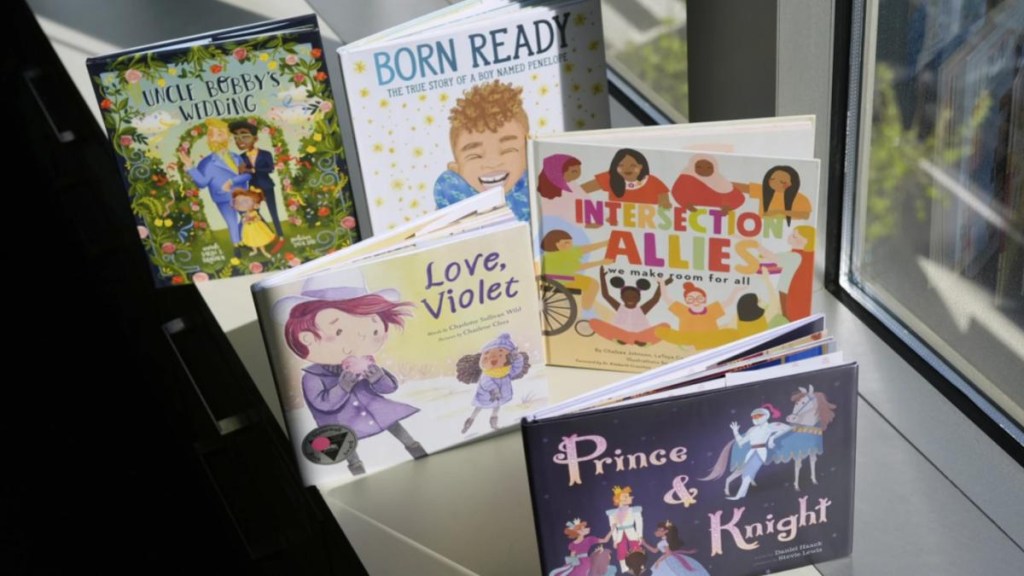The US Supreme Court on Friday ruled that public schools in Maryland must allow parents to withdraw their children from classes that include storybooks featuring LGBTQ themes, if doing so violates their religious beliefs. The 6–3 decision was split along ideological lines between the conservative and liberal justices.
The case centered on a challenge by a group of Muslim, Roman Catholic and Ukrainian Orthodox parents to a Montgomery County school policy that prohibited opt-outs from English language-arts lessons that included LGBTQ-inclusive books. The parents argued that the policy infringed on their First Amendment right to freely exercise their religion.
Conservative Justice Samuel Alito, who wrote for the majority, stated that the parents had demonstrated the need for a preliminary injunction. “A government burdens the religious exercise of parents when it requires them to submit their children to instruction that poses a very real threat of undermining the religious beliefs and practices that the parents wish to instill,” he wrote.
The ruling overturned a lower court’s decision that had upheld the school district’s policy, rejecting the parents’ claims.
In a sharp dissent, liberal Justice Sonia Sotomayor warned that the decision risks weakening public education’s role in fostering tolerance and civic unity. “That experience is critical to our Nation’s civic vitality. Yet it will become a mere memory if children must be insulated from exposure to ideas and concepts that may conflict with their parents’ religious beliefs,” she wrote.
Prioritising religious liberty?
Montgomery County’s school board introduced the LGBTQ-themed storybooks in 2022 as part of its initiative to reflect the diversity of family structures in the community. While opt-outs are permitted for sex education lessons, the district had barred them for the broader curriculum involving LGBTQ themes.
The parents claimed the books “promote one-sided transgender ideology” and romantic infatuation without any prior notice or opt-out provision, arguing that such content directly contradicts their religious teachings.
This decision follows a series of recent Supreme Court rulings that have prioritised religious liberty, including a 2023 case allowing certain businesses to decline service for same-sex weddings under free speech protections.

